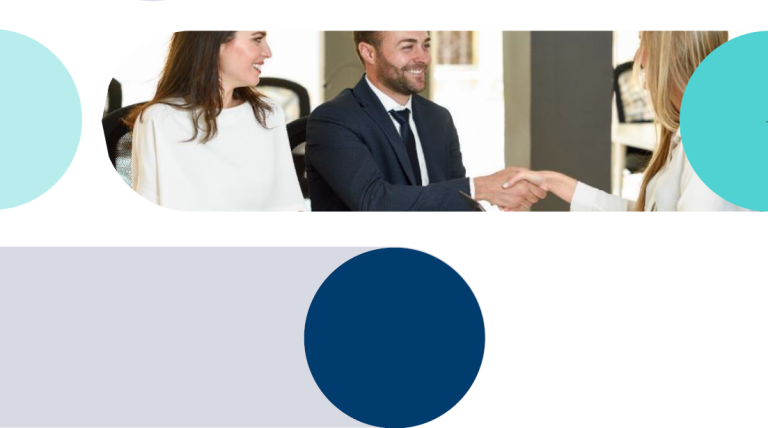We are a global operator of essential infrastructure
- The nesting season for this globally threatened marine species has begun on the Valencian beaches
- If their tracks are found, a call to 112—the emergency services phone number—activates an emergency protocol that sends specialists to protect their nests

This Saturday, the NGO Xaloc, along with Redeia, launched the ‘Turtle Alert’ campaign, an initiative conducted together with the University of Valencia, the Reale Foundation, and Sea Shepherd. The campaign aims to raise public awareness about the importance of protecting sea turtles during their nesting season.
Coinciding with World Oceans Day, the initiative will take place along the Valencian coast, where citizens and beachgoers will be informed about the protocol to follow if sea turtles are detected on the beaches.
During summer nights, female sea turtles emerge from the sea to bury their eggs in the sand. However, their nests face multiple threats: cleaning machines can destroy their tracks or damage the nests, beachgoers can accidentally disturb them, and predators such as dogs can unearth them. Early detection is crucial to ensuring the incubation and successful hatching of the eggs.
Public collaboration is also essential in this process, which is why ‘Turtle Alert’ provides clear and visual guides on how to act if a turtle or its tracks are found on the sand. It is very important to keep in mind not to touch the turtles, not to light them up, not to use flash photography, and to maintain a safe distance to avoid interfering with the nesting process. If turtles or their tracks are found on the beach, a call to 112—the emergency services phone number—activates an emergency protocol that sends specialists to protect their nests.
The campaign kicked off on Saturday, 8 June, with a beach clean-up at the beach of La Malvarrosa (Valencia), involving over 200 participants. This activity aims to raise awareness about the importance of keeping the sea free of plastic and protecting iconic species such as sea turtles.
Last season, the Valencian coast reached a historical record with nine nests and numerous nesting attempts. Since 2014, the NGO Xaloc has played a crucial role in guarding these nests until the eggs hatch.
Sea turtles are a globally endangered species, with six of the seven known species being threatened and three of them critically endangered. To understand and protect marine life in the Mediterranean, data collected by researchers from the VARACOMVAL project is essential. This initiative by the Marine Zoology Unit of the University of Valencia is supported by the Biodiversity Foundation of the Ministry for Ecological Transition and the Demographic Challenge, within the framework of the NextGenerationEU Recovery, Transformation, and Resilience Plan.














